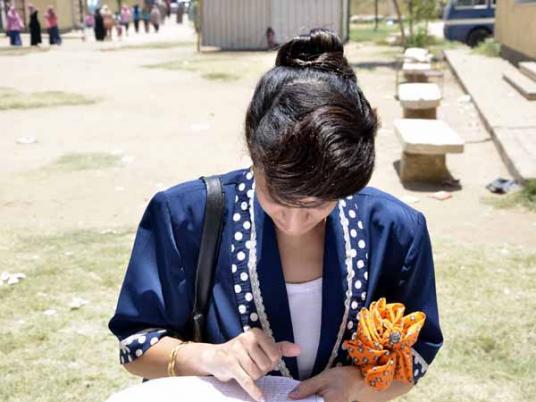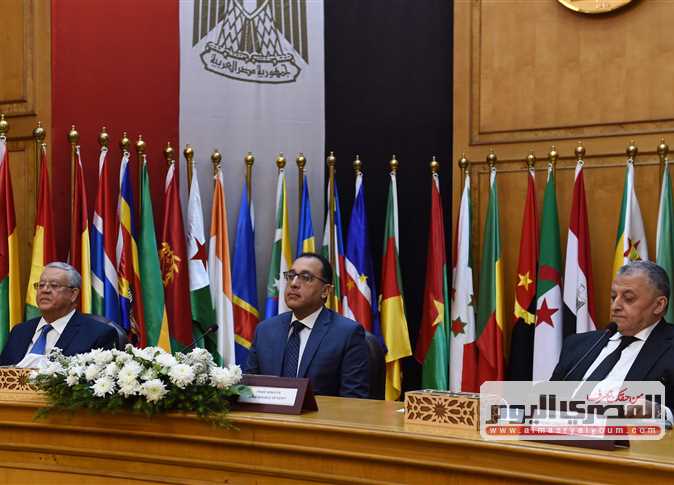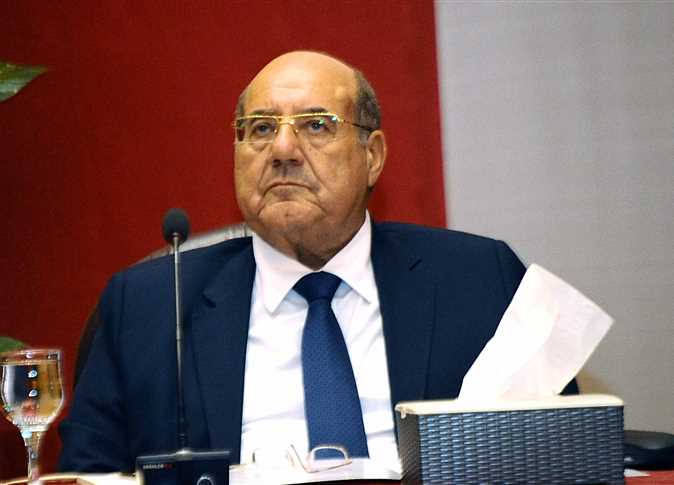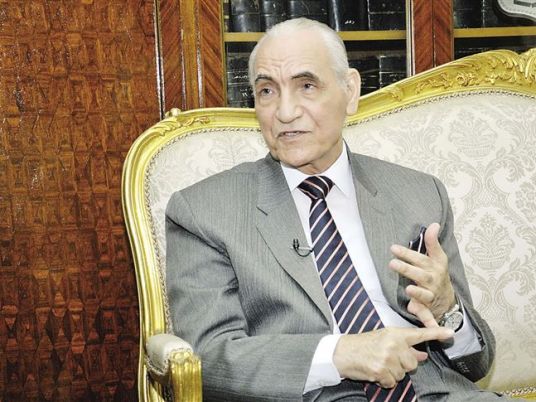
The Supreme Constitutional Court on Sunday received the case calling for halting the parliamentary elections referred to it by the Administrative Court.
Now the court must determine the constitutionality of the electoral law. Official sources from the SCC said no other entity may request to review the case dossier until the SCC makes its ruling, adding that only the president and the Shura Council will have the right to challenge that ruling.
Hamed Sideeq, one of a number of Brotherhood lawyers who challenged the ruling on Sunday, said, “The ruling to stop the elections is invalid and represents yet another judicial conspiracy to overthrow the regime.”
Members of the Shura Council disagreed on the need to issue a fresh elections law, while members representing the Nour and Freedom and Justice Parties said that amendments to the current law would suffice. Meanwhile, Atef Awad from the Wasat Party said new legislation should be issued to allow expatriate Egyptians to cast electronic votes to resolve the issue of judicial supervision. The law requires judicial supervision of all voting, but it is Egyptian diplomats who in the past have monitored expatriate voting.
In January, the Shura Council submitted draft elections law governing the new parliamentary polls to the SCC. (Article 177 of the new Constitution gives the court the right to legal review before the passage of laws organizing parliamentary, presidential and local council elections.)
This came despite the fact that the Constitution does not explicitly state that the SCC has the right to exercise legal review after an electoral law is passed. However, the ruling party is sticking to this strict interpretation.
But the SCC did not give a final opinion on the law. It returned the law to the Shura Council last Tuesday after making 10 recommendations based on articles it found unconstitutional.
The Shura Council made the requested changes based on the SCC’s recommendations and submitted the law directly to the president for approval, but did not allow the SCC a final review.
Edited translation from Al-Masry Al-Youm




